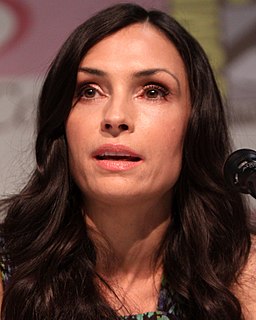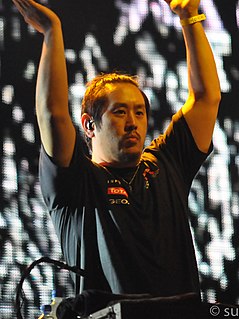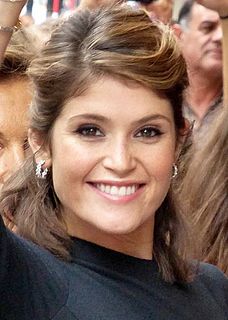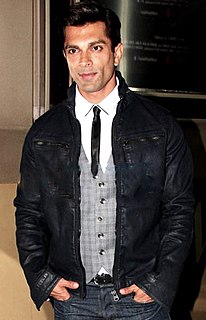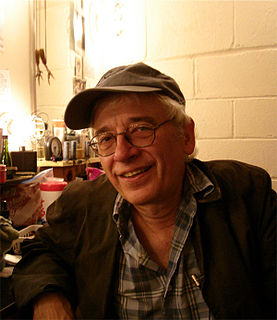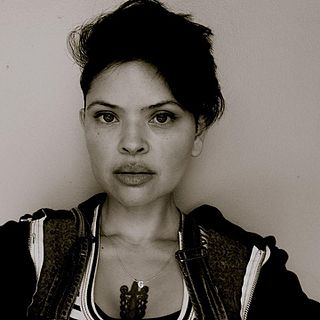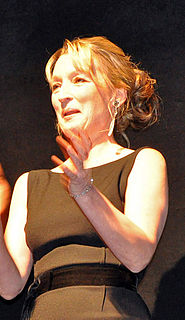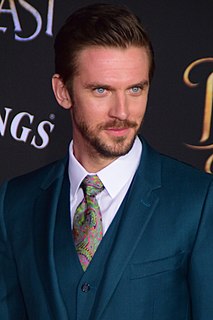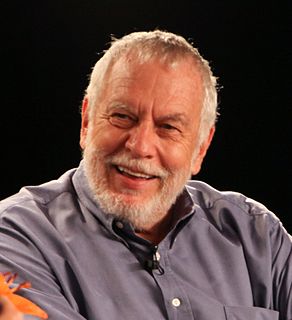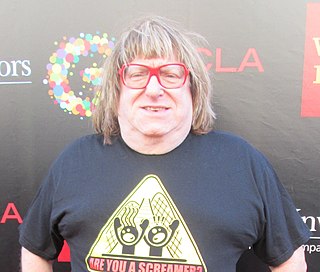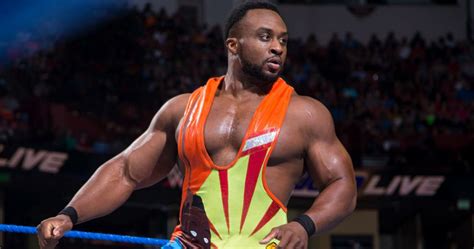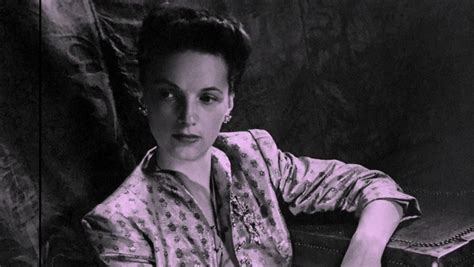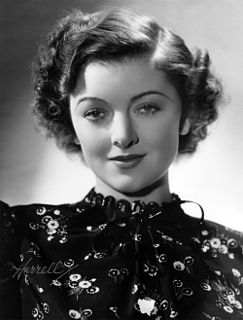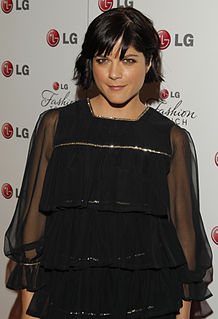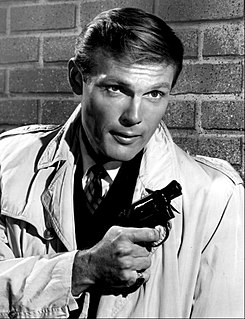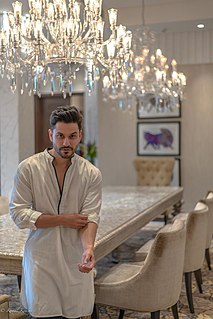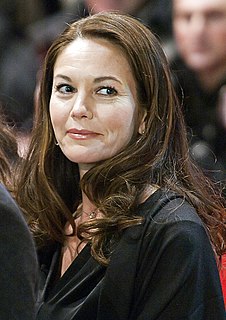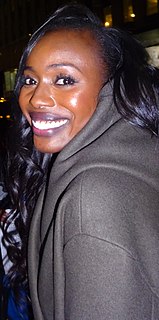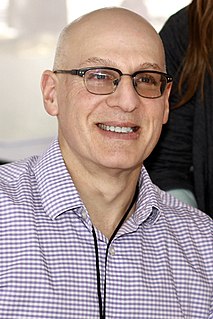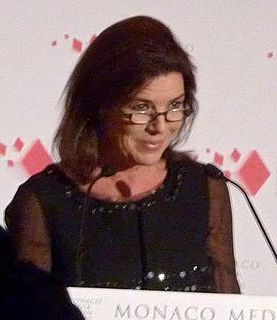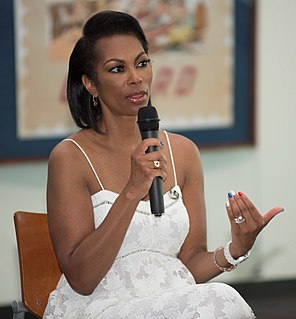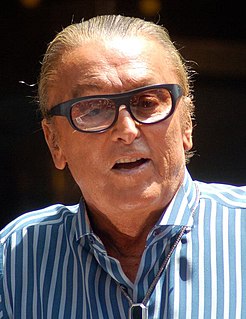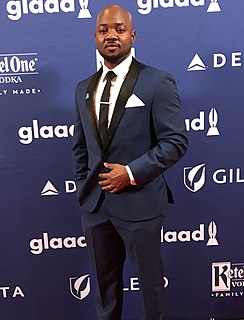Top 1200 Screen Time Quotes & Sayings - Page 7
Explore popular Screen Time quotes.
Last updated on December 21, 2024.
It rang and it rand and it rang. I looked at the screen one last time, then at Stuart, and then I reached my arm back and threw the phone as hard as I could (sadly, not that far), and it vanished into the snow. The eight-year-olds, who were truly fascinated with our every move at this point, chased after it. 'Lost it,' I said. 'Whoops.
Finding the discipline, the motivation, the focus, the passion to sit down in front of a blank piece of paper or a blank computer screen every day and then to make it come alive with characters and with plot is incredibly exciting and at the same time terrifying and frustrating, and sometimes it comes easy and sometimes it comes really hard.
Making movies is like a circus. You get together for a finite amount of time and you build the most extravagant thing you can, which requires teamwork. Most people don't know, but when you see something on screen, it looks perfect. If you go behind the scenes, things are very archaic. You only see the front of the building, not the back.
It was great and I had fun that day even though I was so sort of pleased when it was over to get through it. I didn't realize at the time that usually they screen test a number of actresses for the part, but they only tested me. So I think they knew then they wanted me to do it, and I wish they told me because I wouldn't have been so nervous. That was quite funny.
I think that any time you are making a film you have to realize that the people you are talking with might be giving you misinformation. Sometimes it is factually incorrect and for that, it's important to me to check it out and not let things find their way into the film without being challenged, either by me, or by another character, or by evidence that you might see on screen.
I always get a headache the first time I watch a movie I'm in. Because you're staring at the screen so hard, your brain is doing all this work trying to put things in context of what the day-to-day experience of making it was. And the timeline that's in your head of when it was made, and on what day, how you felt. And then you're also trying to grasp what it's been edited into.
I think my film 'Laila Majnu' was in theatres for 7 days and I was very excited. I attended as many shows I could in those 7 days because I was seeing myself on the big screen for the very first time. I was very excited. But then, sometimes there were 20 people, sometimes 5 or 1 or 2, that really broke my heart.
I see things in hardcopy that I miss if I only see words on screen. I do get sick of the words, but I like to see everything spread out because I get a sense of scale that is missing from screen. Going over each sentence many, many, many times gives me incredible intimacy with sentences, especially their rhythm. The rhythm and music of words matter a lot to me and it only takes one misplaced word to spoil the music.
Stage is the ultimate test; I like watching established screen actors on stage to see if they can really do it. But it's great to have a healthy mixture of the two. Film is so technical: there's something very particular about the relationship between you and the camera. It took a long time for me to get good on film.
I haven't done as many films as I would have liked. A lot of my contemporaries have done more. I don't have 'I will be a movie star' emblazoned on anything, but I'd like do a bit more screen stuff and then when the time is right come back to theatre. When it is good, theatre takes a lot of beating both to watch and perform.
We had some really powerful technology - Atari always was a technology-driven company, and we were very keen on keeping the technological edge on everything. There's a whole bunch of things that we innovated. We made the first computer that did stamps or sprites, we did screen-mapping for the very first time, and a lot of stuff like that.
I'll never forget the first time Elisabeth Moss kissed me on screen. It was season one of the West Wing and she had to pin me up against a wall in the lobby of the White House. We didn't rehearse it at all and when we did it, she sure enough laid one on me, boy. I was like, "Well, ok, this is going to work out just fine."
The corporeal element in man is a large screen and partition that prevents him from perfectly perceiving abstract ideals; this would be the case even if the corporeal element were as pure and superior as the substance of the spheres ; how much more must this be the case with our dark and opaque body. However great the exertion of our mind may be to comprehend the Divine Being or any of the ideals, we find a screen and partition between God and us.
President Bush has embarked on an eight-day tour of the continent. He hopes this one goes better than the other ones he's made recently. Obviously he's not doing that well in North America [on screen: '36% Approval'], his South American trip had a few bumps [on screen: 'Angry mobs of torch-carrying bumps'], Europe seems to think the president doesn't care what they think, but hey, who cares what they think? They could at least thank him for what he's done for their burning effigy industry.
There's little to see, but things leave an impression. It's a matter of time and repetition. As something old wears thin or out, something new wears in. The handle on the pump, the crank on the churn, the dipper floating in the bucket, the latch on the screen, the door on the privy, the fender on the stove, the knees of the pants and the seat of the chair, the handle of the brush and the lid to the pot exist in time but outside taste; they wear in more than they wear out. It can't be helped. It's neither good nor bad. It's the nature of life.
Were marriage no more than a convenient screen for sexuality, some less cumbersome and costly protection must have been found by this time to replace it. One concludes therefore that people do not marry to cohabit; they cohabit to marry. They do not seek freedom to rut so much as they seek the rut of wedlock.
I admire some of the people on the screen today, but most of them look like everybody else. In our day we had individuality. Pictures were more sophisticated. All this nudity is too excessive and it is getting very boring. It will be a shame if it upsets people so much that it brings on the need for censorship. I hate censorship. In the cinema there's no mystery. No privacy. And no sex, either. Most of the sex I've seen on the screen looks like an expression of hostility towards sex.
Wray Nerely, the character in Con Man, he actually had a role in Rogue One, but he got cut. It sucked. John Swartz, the producer, is a big fan of Con Man. I even got to screen Con Man while we were shooting Star Wars. They had a theater there, and they let me screen one of the little 10-minute episodes for everyone. What sucked was I had to follow Star Wars.
I think a lot of the time, the studio system is so compelled to kowtow to its fear that women are not going to be found sympathetic. It just sort of euthanizes any hope of more diverse examples of the emotional realities of people. Representing my gender, I think, "Well, I have those emotions, why don't those ever get brought to the screen so I can feel recognized?"
The computer beeped as the upload completed. A moment later, Ian Kabra appeared on the screen. Dan was surprised. "Hey, Ian, isn't it, like, two in the morning back there?" "It's called jet lag," Ian informed him. "I'm still on London time. I don't suppose you savages have any tea in this mausoleum." "There's a diet Snapple in the fridge." Ian shuddered. "I thought not.
Whether people are making narrative cinema or experimental cinematic movie experiences, they all want the biggest screen possible and the quietest room and the most attention to every nuance and detail. Obviously, most people will not see the movie that way, but I can still hope for it, and I'd like to think we will be able to pull it off this time.
I believe this: If an actor wants a role or wants to work with somebody, then you do everything within reason to try to get that role. If they want you to audition, you audition. If they want you to screen-test, you screen-test. If they want you to come and tap-dance in their hallway, you tap-dance in their hallway.
The television screen, so unlike the movie screen, sharply reduced human beings, revealed them as small, trivial, flat, in two banal dimensions, drained of color. Wasn't there something reassuring about it! -- that human beings were in fact merely images of a kind registered in one another's eyes and brains, phenomena composed of microscopic flickering dots like atoms. They were atoms -- nothing more. A quick switch of the dial and they disappeared and who could lament the loss?
I get scripts all the time, but I read this [Baggage Claim] thoroughly, and I loved it. It was light hearted, cute, sweet, and funny. I told my agent that I liked the script, but I did let my acceptance of the role slide a little, until I was watching television one day; scrolling through the stations, and there was this play. And I don't like plays made for the screen. But, this one, "Suddenly Single", caught my attention.
What is accurately portrayed is the rich humanity not just of Martin Luther King but of the movement, which was a multiracial movement. You had blacks and whites coming together and sacrificing, organizing and mobilizing the world. That's the first time we've had collective action put at the center of any kind of portrayal of Martin King on the screen.
I can pick up a screenplay and flip through the pages. If all I see is dialog, dialog, dialog, I won't even read it. I don't care how good the dialog is - it's a moving picture. It has to move all the time... It's not the stage. A movie audience doesn't have the patience to sit and learn a lesson. Their eyes need to be dazzled. The writer is the most important element in the entire film because if it ain't on the page it ain't going to be on the screen.
Anything that causes you to doubt, to raise either objections or just concerns about it - and they always put the information right at the bottom of the screen so you can't really read it - every time you see a company do that, the ad becomes less effective. The communication becomes less effective.
I think any time you allow someone to see themselves reflected in another person on screen, there's validation there. It's hard to feel strong and sure of yourself when you're 15, but if you can turn on your television or computer and see someone who makes you feel like, 'I can be that strong...' there's validation there.
But everyone comes to Hollywood hoping to get a role people are going to remember them for, and I get girls saying I was their first crush, or Asian guys saying Rufio was the first time they saw an Asian kid on-screen that wasn't nerdy or stereotypical, so I was lucky the character that resonated was cool.
Some memories are best absorbed through your eyes in real time, even if you have no record of it later. Because then you can access that memory and how you felt in that moment. If you're looking at your cellphone screen, taking a video of something that is otherwise unforgettable, watching it later will not recover the emotion you would have had, had you witnessed it directly.
People never explain to you exactly what they think and feel and how their thoughts and feelings work, do they? They don't have time. Or the right words. But that's what books do. It's as though your daily life is a film in the cinema. It can be fun, looking at those pictures. But if you want to know what lies behind the flat screen you have to read a book. That explains it all.
I have a great deal of respect for Mark Gordon’s work and am confident that together we can bring the beauty and magical delight that Narnia engenders in the hearts of those who read the books to the screen in ‘The Silver Chair.’ I am very much looking forward to diving once more into Narnia, this time with Mark Gordon and his team.
For me, as a film goer, I like nothing more than to sit in the cinema, have the lights go down and not know what I'm about to see or unfold on-screen. Every time we go to make a film, we do everything we can to try to systematise things so we're able to make the film in private, so that when it's finished it's up to the audience to make of it what they will.


